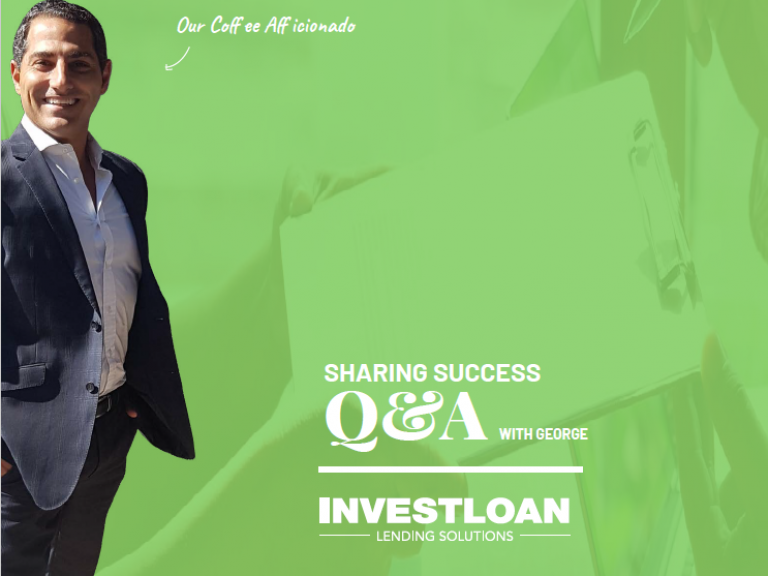
The Power of Intuition
Intuition presents itself in various ways:
• Through symbols and metaphors that become meaningful for us. There are some seemingly universal symbols and metaphors (life as a journey, say, or success as climbing a mountain): others will be personal to us. It’s not just poets who ‘see’ or think about one thing in terms of another. We all do this, as a way of understanding and expressing the meaning of the things that happen to us. Particular symbols (whether it be an eagle or a butterfly, a seed or a star) take on values and associations that resonate with our lives, sometimes with amazing parallels, and give us inspiration and understanding beyond their ‘surface’ significance.
• Through themes and stories that express the shape and flow of our lives. When we look back at the things that have happened in our lives, we can often see patterns emerging; recurring themes; ‘threads’ linking events over periods of years. This web of meaning goes beyond what we would expect from the mere patterns of behavior arising from our personality traits: the story has a shape beyond our own conscious choices and directions.
• Through 'synchronicity’, a term coined by Carl Gustav Jung for what he defines as ‘a meaningful coincidence of two or more events, where something other than the probability of chance is involved’. Like when we are thinking of someone, and she phones us out of the blue. Or when we become interested in a particular subject, and all sorts of people and information, relevant to that subject, start appearing on our doorstep.
We’ve all had those perfect moments, when things come together in an almost unbelievable way, when events that could never be predicted, let alone controlled, remarkably seem to guide us along our path... In the beautiful flow of these moments, it seems as if we are being helped by hidden hands...” - Joseph Jaworski (Synchronicity: the inner path of leadership)
What symbol or metaphor is, or has been, particularly powerful for you? What does it ‘mean’ to you? What values or attributes does it express? Try mind-mapping your thoughts around the symbol/metaphor, drawing it (if possible) as well. Now write a paragraph describing yourself or your life as the symbol/metaphor: ‘I am a.... My aim in life is to... The amazing thing about me is that...’ or ‘My life is a... When I started out I was... When trouble comes, I...’. Or whatever. Turn off your Inner Editor and let the words flow onto the page: you can read it back later.
Think back to when you were a small child. What was your favourite children’s story?
Who (or what) was your favourite character in this story? In writing – switching off your Inner Editor and just letting your thoughts flow onto the page – re-tell this story from the point of view of your favourite character. Use first person narrative: ‘Once upon a time, I lived... I was very... Then one day, I was visited by...’ and so on. Don’t feel that you have to tell the old story accurately: just tell it as it appears from the you-character’s point of view...
Read your old-new story to yourself – and, if possible, to someone whom you trust, who knows you well. What can you learn from it about yourself and about the themes in your life’s story?
I want to say more about ‘staying awake’ or ‘staying aware’. Because intuition and synchronicity are true, often untapped, secrets of success. Ideas and opportunities often seem to come to us – not because of anything we are doing to make them happen, but because we are available and aware. Available to an opportunity that comes out of nowhere and aware of the opening door it represents. We don’t make the opportunity – but we need to know it when we see it.

Ideas can come from anywhere
Ideas can come from anywhere. They come to us in our sleep. Or when we are thinking about something else. They come to us by chance – and sometimes, by something more than chance. Art Fry was working on a formula for superglue. One of his attempts was such a ‘failure’ that it allowed objects that had been stuck together to be pulled apart... And so the Post-it Note was invented...
Alexander Fleming ‘discovered’ penicillin, when a speck of penicillium mould floated in through a window and landed in a petri dish – and was found to have killed off a bacterial culture. How many previous microbiologists had had this happen, only to discard their petri dishes in annoyance, seeing only a glitch in their meticulously planned experiments – instead of the opportunity to develop an antibiotic to which millions of people owe their lives?
So how do we capture these ideas and opportunities? Let’s use the Success Triangle.
• There is an Awareness dimension to intuition: learning to open your eyes, to catch opportunities in your peripheral vision, to soak up ideas as they come. The key is: monitoring your inner promptings. Be your own fly on the wall. Watch, and listen to, what your mind is mulling over, bringing up and sending out.

• There is a Belief dimension to intuition: learning to trust in synchronicity. There are no ‘meaningless’ coincidences: I believe that every event and person who comes into our lives – good, bad or indifferent – we have somehow attracted or chosen, or has been sent to help us on our path. The key is: trust. Be willing to put your doubts aside and give your intuitions a go.
• There is a Conduct dimension to intuition: daring to act on the messages, ideas and hunches that come to you. The key is commitment: because with each step we take down a given path, the more signposts we encounter. Sometimes, you have to just go for it...
I’m suggesting that you need to listen to your intuition. Trust it. Nurture it. Challenge it. Play some hunches – and see what happens. Make guesses about things – and see if they’re right. Pay attention to ideas that come to you:
• When you are asleep and dreaming, or when your mind is wandering or 'day-dreaming'
• When you are meditating (whether using some formal technique, or just calming your mind or reflecting quietly on something)
• When you spot or hear something that powerfully catches your attention (whether it be an overheard conversation or a newspaper headline, a picture in an ad (or whatever).
• When your curiosity is aroused by something and you have a strong desire to fi nd out more
• From a book, CD (or whatever) given to you by someone else because they had a feeling it might be 'for you' Especially if you seem to be getting the same ideas from more than one source... power of intuition 71
Just as an added tip: don't try to remember or write down, immediately, ideas that occur to you at night. If you can't sleep because you've got things running through your mind, try simply telling your conscious mind that it will remember what is important in the morning; handing the issue over to your subconscious mind; and telling your conscious mind that you want to sleep now. This may sound weird – but I find that it works far better than getting up and writing things down, then trying to get back to sleep.
Writing ideas down doesn’t allow your conscious mind to forget about them: it just primes it to think further. (And apart from anything, those night-time notes often read as complete junk in the light of day...)
Just prime your mind to work on it as you sleep and to remind you of the Good Stuff in the morning – and in my experience that’s exactly what happens. (You’ve probably had a similar experience yourself, when you wake up just before the time you set your alarm clock to go off. Same principle: in setting the alarm clock and stating your intention to wake up at that time, you’ve instructed your mind to give you a wakeup call!)
>>> Coming Next: What is Goal Congruence?
Please note: This is an extract from the Signposts for Success – it may not contain the exercises from the full version of the book/audio set, for full version please contact us or follow our blog for more.
Thank you,
The team@Custodian








